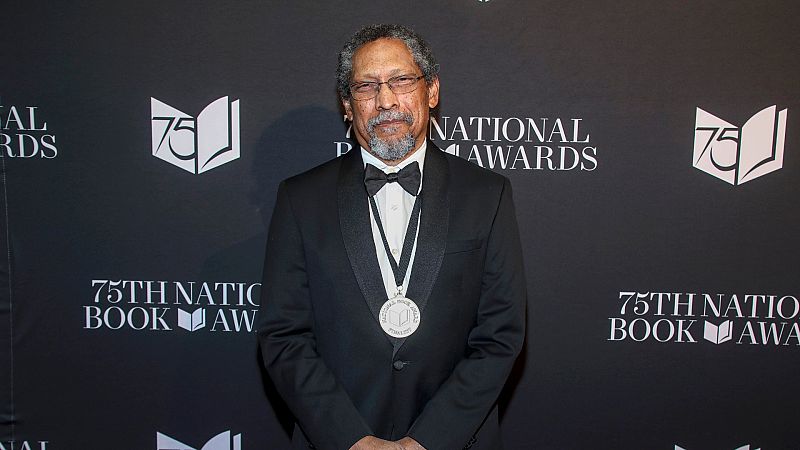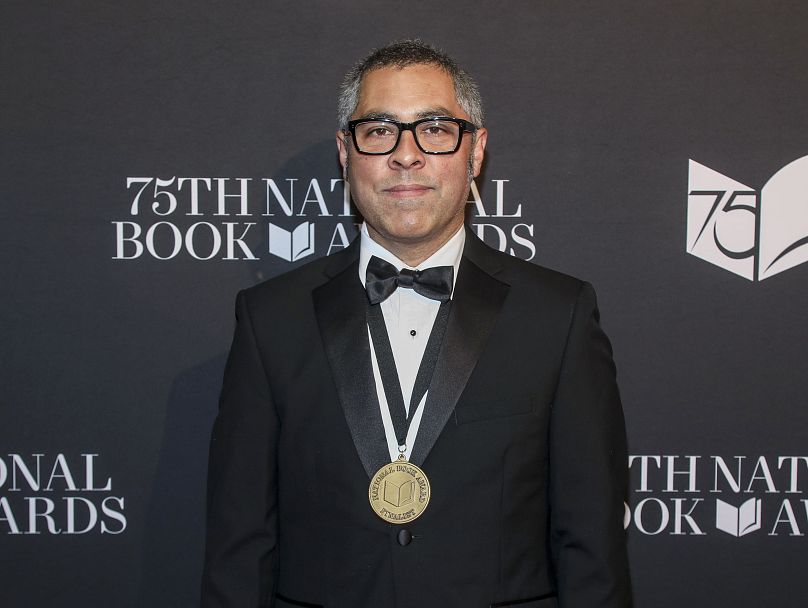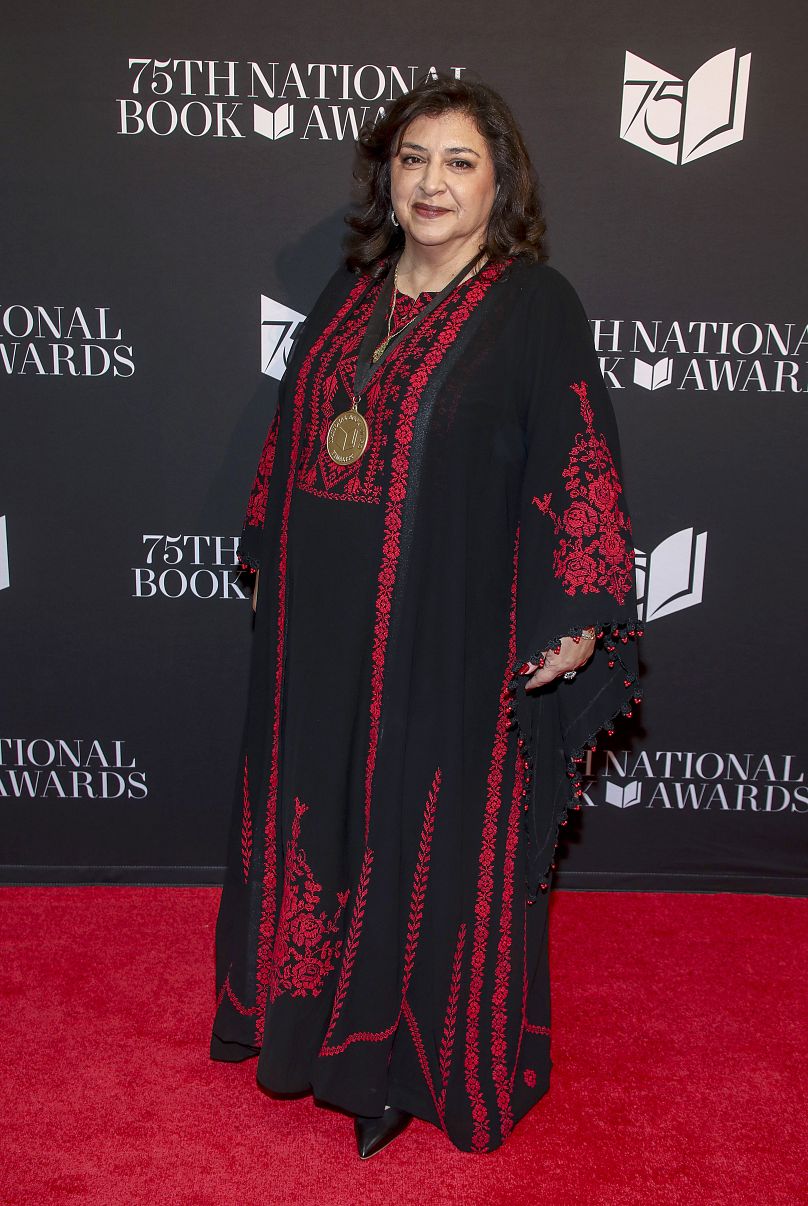Percival Everett wins National Book Award for 'James'

American author Percival Everett’s novel "James" has won the National Book Award for fiction, as the esteemed US literary awards announced its annual winners.
"James" is Everett’s dramatic retelling of Mark Twain’s American classic "Adventures of Huckleberry Finn" told from the perspective of the original lead’s friend Jim, an escaped slave. It explores the themes of the 19th century original through a lens that incorporates the violence and racism of the era.
Having been nominated for the Booker Prize – which went to Samantha Harvey’s ‘Orbital – Everett, 67, was named the recipient of the $10,000 (€9,500) National Book Foundation prize. It comes shortly after ‘James’ also won the Kirkus Prize for Fiction.
Little known to general readers for decades, Everett has been a Booker Prize and Pulitzer Prize finalist already for his novels "Trees" and "Dr. No" and has seen the novel “Erasure” adapted into the Oscar-nominated American Fiction.
“‘James’ has been nicely received,” Everett noted during his acceptance speech.
Jason De León’s "Soldiers and Kings: Survival and Hope in the World of Human Smuggling" won for nonfiction, where finalists included Salman Rushdie's memoir about his brutal stabbing in 2022, "Knife".
The prize for young people's literature was given Wednesday night to Shifa Saltagi Safadi’s coming of age story "Kareem Between", and the poetry award went to Lena Khalaf Tuffaha’s "Something About Living". In the translation category, the winner was Yáng Shuāng-zǐ’s "Taiwan Travelogue", translated from the Mandarin Chinese by Lin King.
Judging panels, made up of writers, critics, booksellers and others in the literary community, made their selections from hundreds of submissions, with publishers nominating more than 1,900 books in all. Each of the winners in the five competitive categories received $10,000.
"Demon Copperhead" novelist Barbara Kingsolver and Black Classic Press publisher W. Paul Coates received lifetime achievement medals from the National Book Foundation, which presents the awards.
Speakers praised diversity, disruption and autonomy, whether Taiwanese independence or the rights of immigrants in the US. Two winners, Safadi and Tuffaha, condemned the year-old Gaza war and US military support for Israel. Neither mentioned Israel by name, but both called the conflict “genocide” and were met with cheers – and more subdued responses – after calling for support of the Palestinians.
Tuffaha, who is Palestinian American, dedicated her award in part to “to all the deeply beautiful Palestinians that this world has lost and all those miraculous ones who endured, waiting for us, waiting for us to wake up.”
Last year publisher Zibby Owens withdrew support for the awards after hearing that finalists were planning to condemn the Gaza war. This year the World Jewish Congress was among those criticising Coates’ award, citing in part his reissue of the essay "The Jewish Onslaught", which has been called anti-semitic.
National Book Foundation Executive Director Ruth Dickey said in a recent statement that Coates was being honoured for a body of work rather than any individual book, and added that while the foundation condemns anti-semitism and other forms of bigotry, it also believes in free expression.
“Anyone examining the work of any publisher, over the course of almost five decades, will find individual works or opinions with which they disagree or find offensive,” she added.
Today



